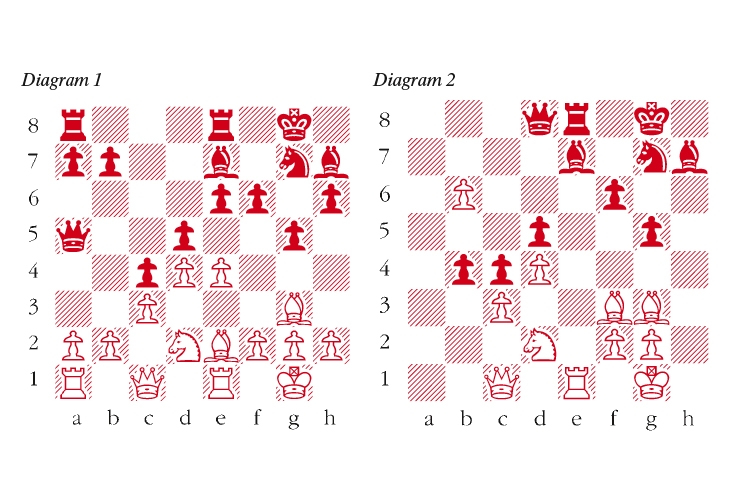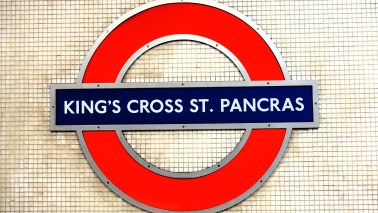The great Mikhail Botvinnik excoriated chess played at fast time limits. Botvinnik believed that classical chess at time limits of, for example, 40 moves per player in two and a half hours each, was the purest expression of the art and science of chess. Radically faster alternatives cheapened and debased the thought processes, he believed. Of course, he also relished adjournments — now outlawed because of the possibility of computer analysis.
Modern chess faces the problem of excessive draws bedevilling elite events at classical time controls. As rapid and blitz chess have developed their own official ranking and rating lists as well as their own world championships (Sergei Karjakin is the current blitz world champion and Vassily Ivanchuk the rapidplay world champion), they have acquired more legitimacy, not to mention interest, since although games played at speed may be less accurate, they tend to be more decisive.
For all these reasons, the winning performance by world champion Magnus Carlsen at the Leuven Blitz, where entire games can be over in minutes, may well go down in the annals of chess with other superlative classical performances such as Alekhine’s triumphs at San Remo in 1930 and Bled in 1931, or Bobby Fischer’s 100 per cent score in the 1963/64 USA championship.

Get Britain's best politics newsletters
Register to get The Spectator's insight and opinion straight to your inbox. You can then read two free articles each week.
Already a subscriber? Log in





Comments
Join the debate for just £1 a month
Be part of the conversation with other Spectator readers by getting your first three months for £3.
UNLOCK ACCESS Just £1 a monthAlready a subscriber? Log in